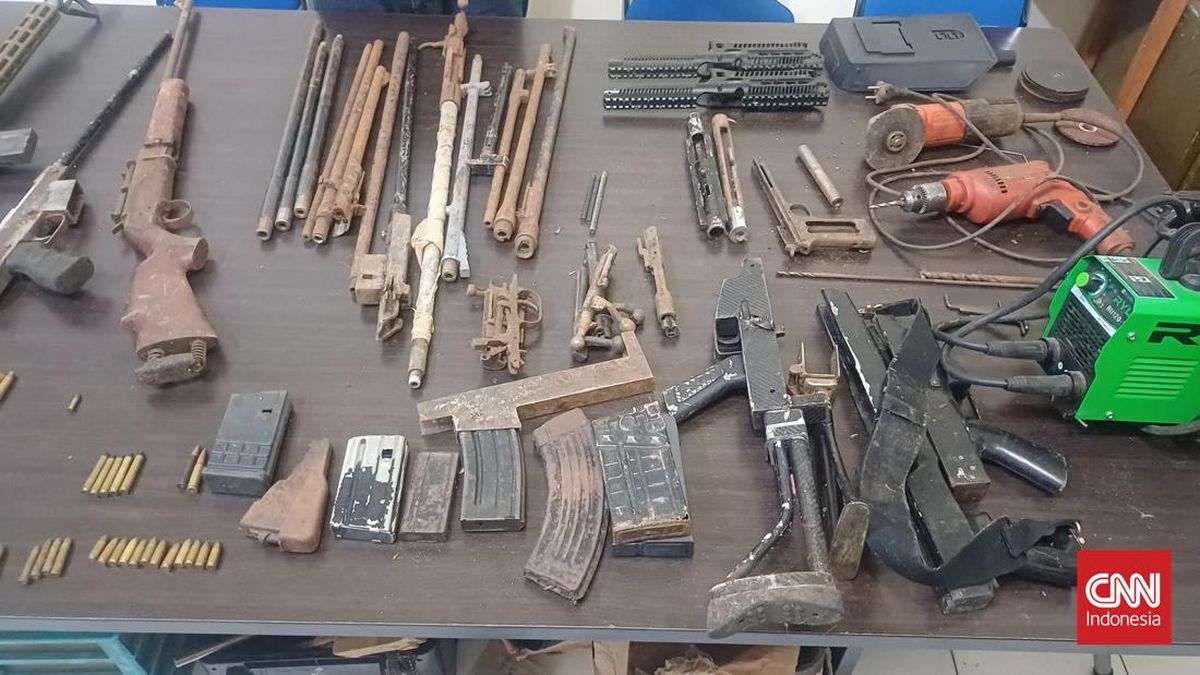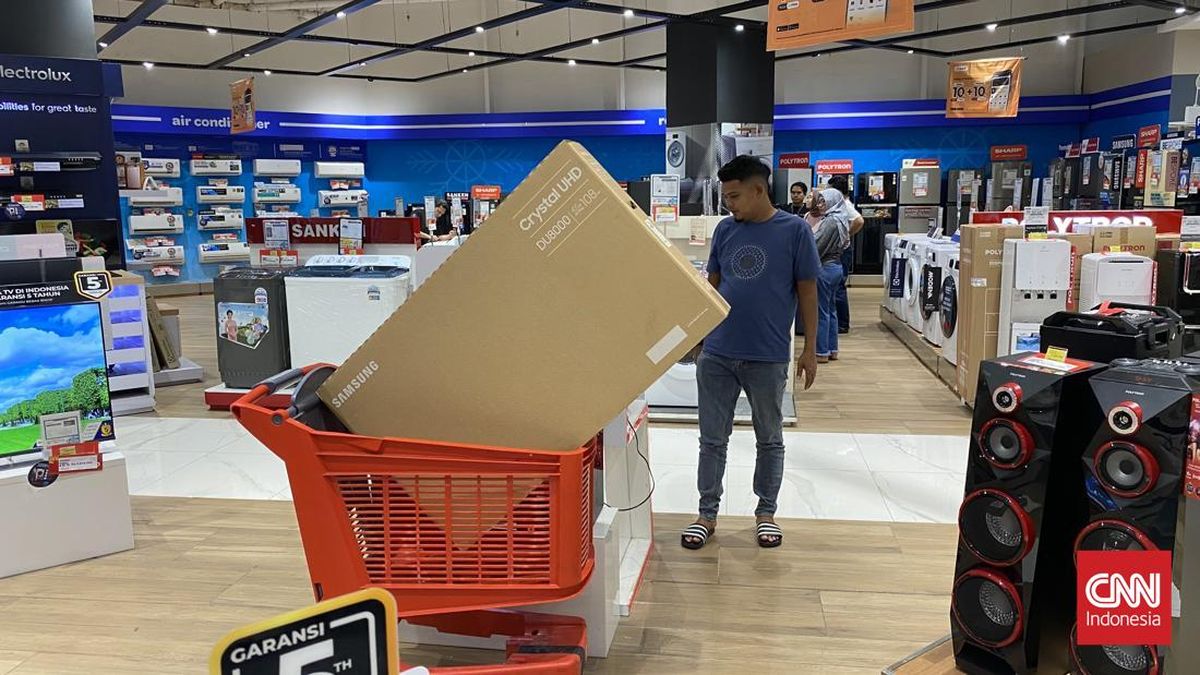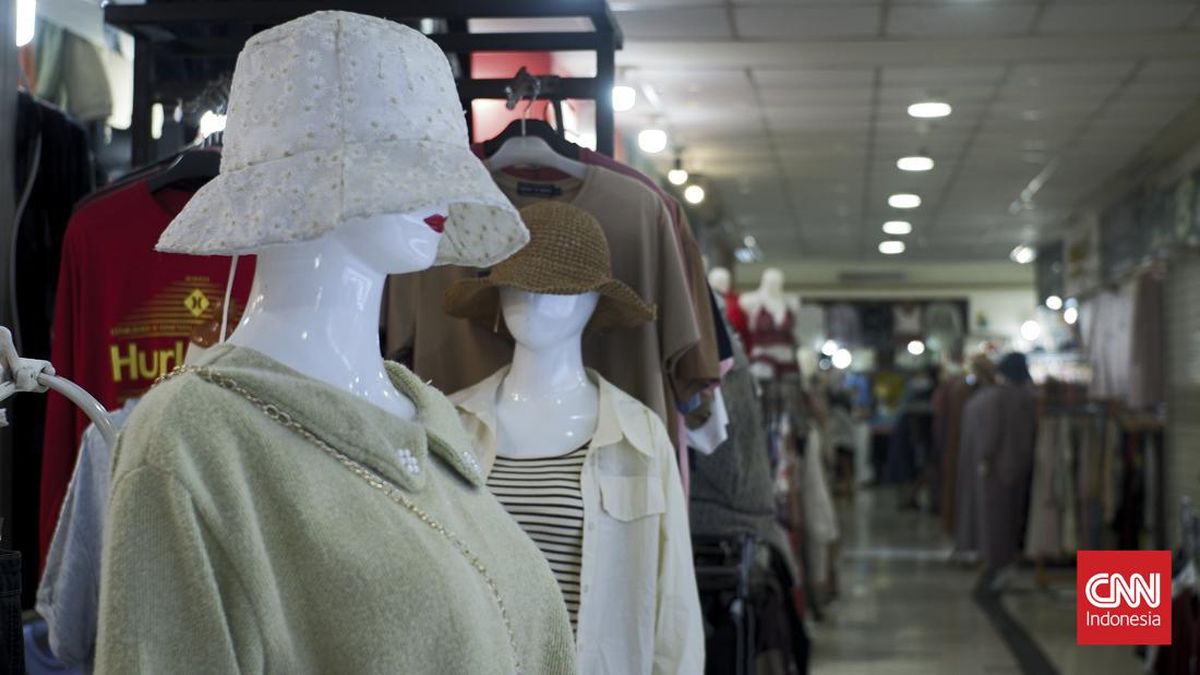These corrupted agents, known in law enforcement parlance as “trusted insiders”, have traditionally been a problem in government agencies such as licensing authorities and for organisations connected to the ports and airports where large-scale smuggling takes place.
But the problem has now become a serious issue for private companies and commercial service providers that have amassed huge amounts of personal information but lack adequate safeguards, sources say.
Loading
Australian Criminal Intelligence Commission deputy chief executive of intelligence Matthew Rippon described this ability of organised crime to penetrate information systems as a “significant and enduring risk”.
“There are deliberate strategies to infiltrate particular sectors to be able to ensure that their access to particular parts of the supply chain, to data and systems and access to information, and the ability to influence, is absolutely a part of that enduring [organised crime] business model,” Rippon said.
“It’s a long-term aim to infiltrate. It’s very difficult sometimes to identify trusted insiders.”
The “brass ring”, according to law enforcement and underworld sources, is to infiltrate a business or department using an associate, often a relative, who has a clean criminal record and is therefore above suspicion.
The industries most often targeted are banking, real estate, logistics and telecommunications, sources say.
“One of the big ones we have is real estate agents because agents have legitimate access to databases that can provide pretty much anyone’s home address,” said an organised crime detective, who cannot be identified publicly speaking about police operations.
Land ownership and residential addresses can be accessed through multiple different commercial information service providers and government land title departments.
A prominent gangland lawyer has been investigated – but not charged – over their possible connection to helping facilitate an attack against the family business of an enemy of a major bikie club. The lawyer’s property search account was allegedly found to have accessed the address of a property that was later trashed by the bikie club over a drug dispute. The account was also allegedly used to look up the home address of the family.
Underworld boss George Marrogi, who is serving a near 50-year prison sentence for murder and drug trafficking, was also suspected of obtaining the addresses of his enemies from an associate involved in a real estate agency.
The volume of legitimate activity accessing these internal and for-pay databases is so massive it is difficult to detect if someone is searching a name or address for a nefarious purpose, investigators say.

Slain gangland figure Nabil Maghnie, pictured in 2016, was suspected of having accessed personal information held by a major telco.Credit: Joe Armao
Gangland figure Nabil Maghnie, who was shot dead in January 2020 in a crime that remains unsolved, was also suspected of having accessed personal information held by a major telco company after an associate became a franchise operator for one of the mobile networks.
“It’s almost impossible to detect unless you can start with the person who is providing the information. A handful of data breaches can easily remain hidden when someone is doing dozens of client record searches every day – and there are a lot of commercial services to choose from,” the detective said.
One of the most valuable to criminals is information gleaned from a “clean” driver’s licence, which are often copied or stolen from people’s accounts or even mailboxes.
Loading
The details are used to register mobile phone SIM cards, which are switched in and out of handsets constantly to frustrate police attempts to track them.
In one recent case, a suspected hit team was arrested with more than half a dozen phones all registered via a variety of telco networks to innocent people across the city and interstate.
Some of the numbers were created simply to gain access to encrypted apps, making the communications basically untraceable and impossible to intercept.
Underworld sources say addresses and personal details can be purchased from insiders at a number of prominent businesses for as little as $250 to $500.
Loading
And once someone has begun to “leak”, whether for money or because of a pre-existing relationship with a crime figure, it could be very hard for them to extricate themselves, Rippon said.
“Many of these people that have been targeted or approached to assist serious and organised crime will be, in some cases, unwitting participants, initially. Others are potentially under pressure and quite vulnerable because of their financial situation, and are lured into arrangements that get big on them very fast.”
This year, the federal and state law enforcement agencies set up a specialised unit, the Multi Agency Strike Team, to address the issue.
Australian Federal Police assistant commissioner Stephen Dametto said the “trusted insiders” who performed these functions for organised crime were high-value targets for law enforcement.
“It’s solely focused on targeting trusted insiders … because they are not easy to replace,” he said. “We just believe that if you take out a trusted insider, you’re causing greater disruption to an organised crime syndicate than just taking out one of their normal members.”
Start the day with a summary of the day’s most important and interesting stories, analysis and insights. Sign up for our Morning Edition newsletter.















































